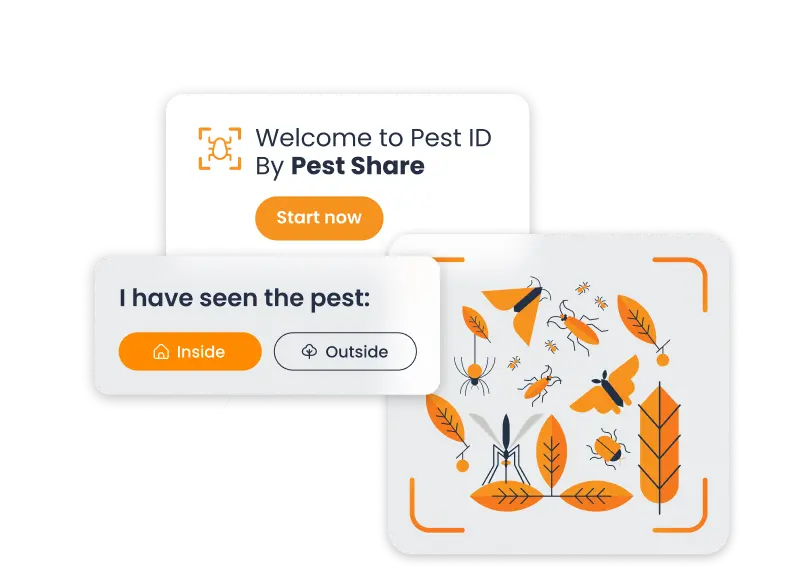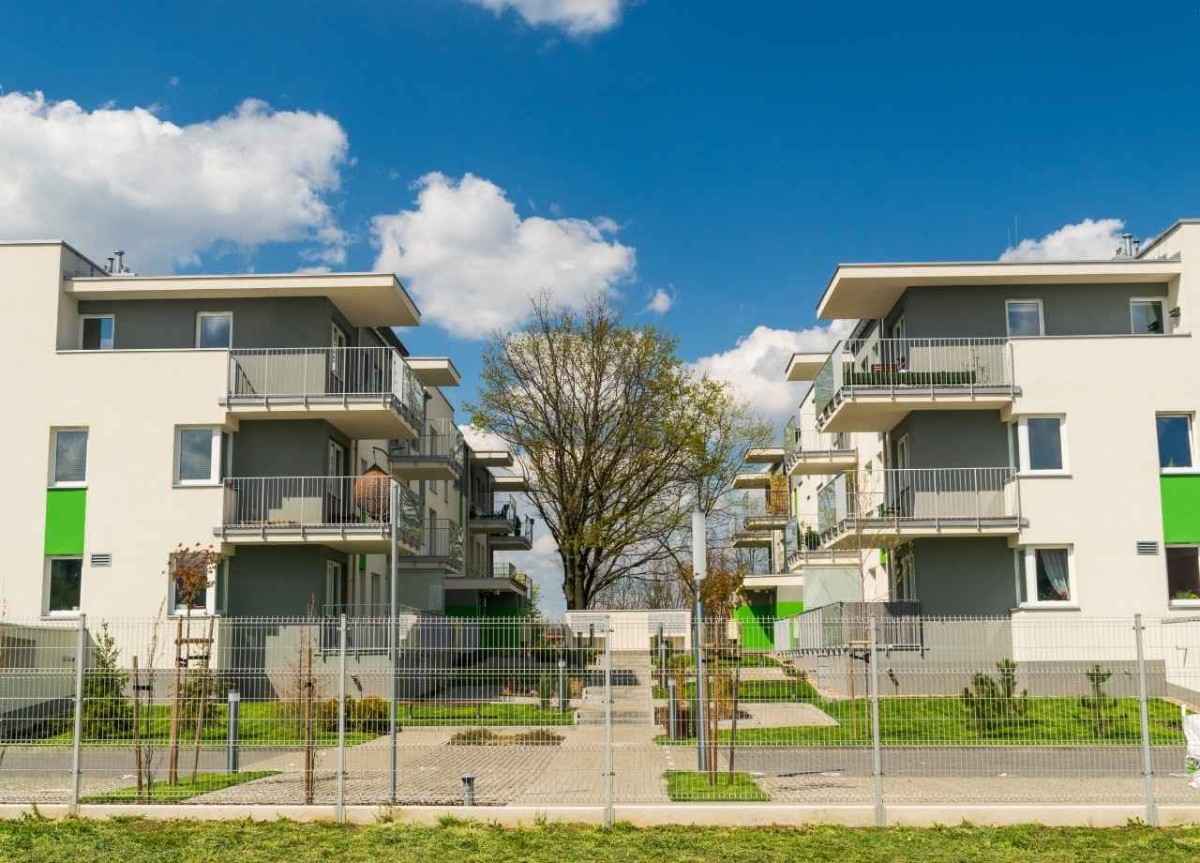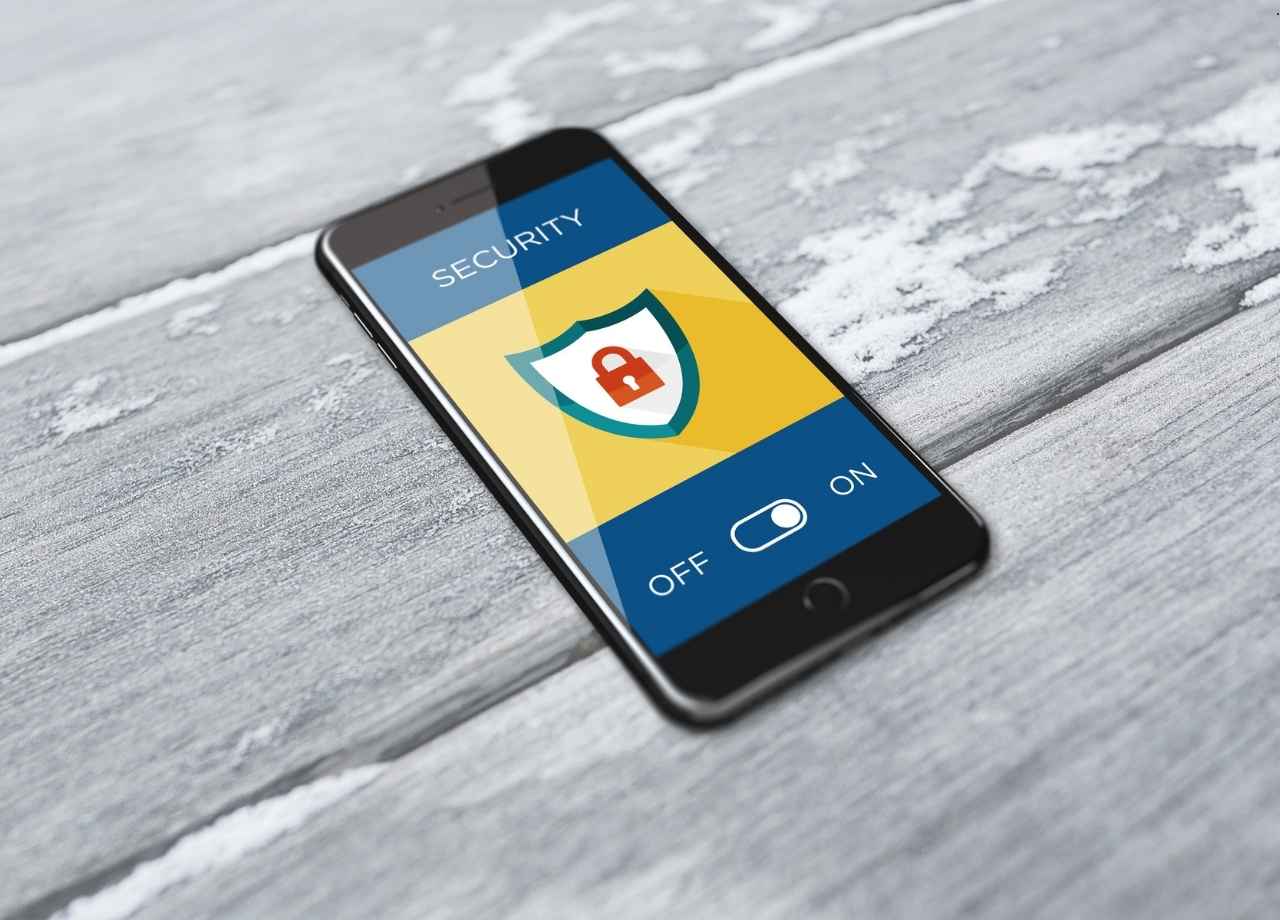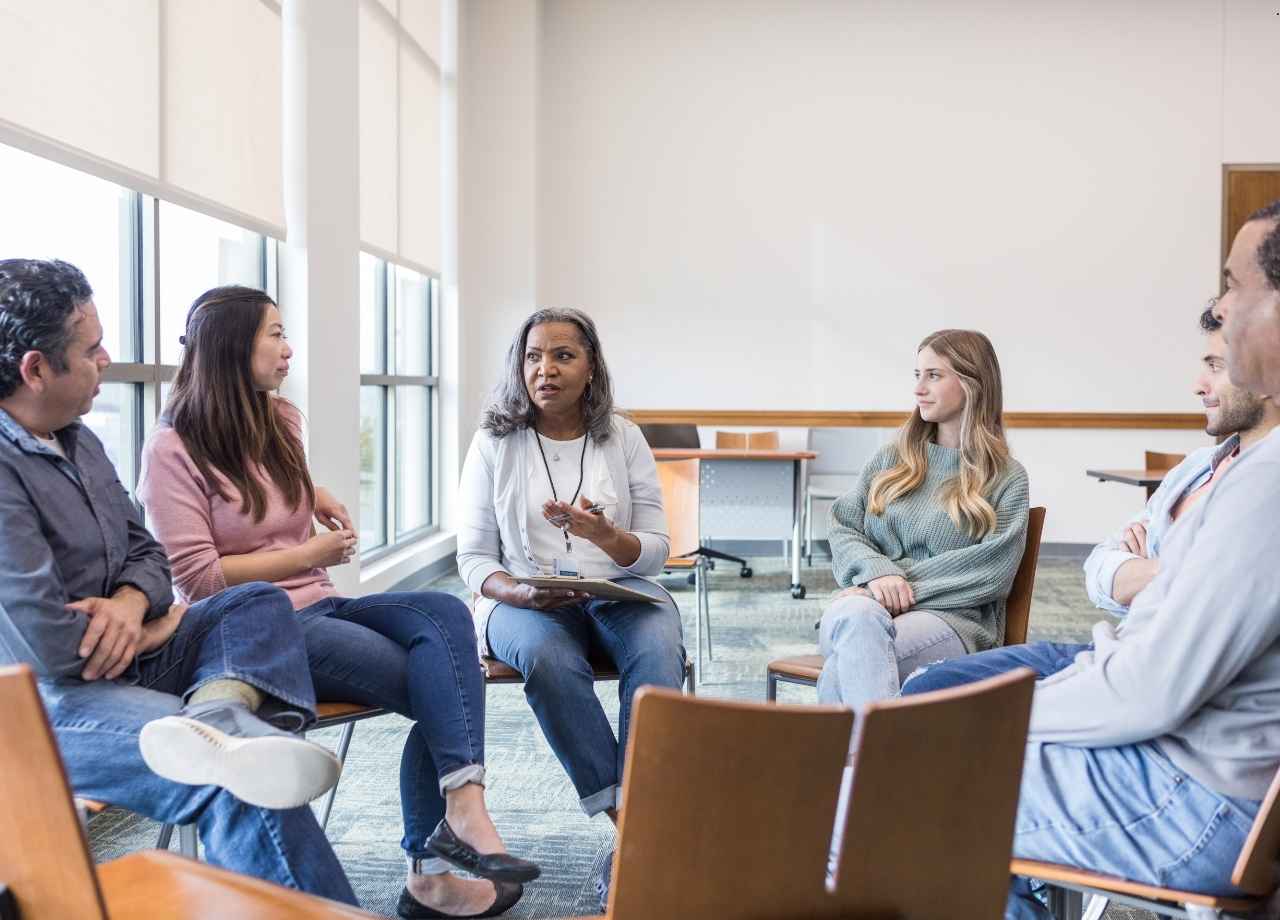Safety meetings aren’t just another box to check. They help prevent fires, security risks, pest infestations, and other problems that can put residents in danger. A well-run meeting should focus on real issues that affect people’s daily lives, not just generic safety tips.
Some risks are obvious, like kitchen fires or break-ins. Others, like pest problems or extreme weather, might not seem urgent—until they are. That’s why covering a variety of topics can help prevent small issues from turning into major emergencies.

Modern Pest Control, Simplified.
Fire Hazards and Prevention
A fire can spread through an apartment building in minutes, leaving little time to react. Even with smoke alarms and sprinkler systems, the best way to avoid disaster is to prevent fires from starting in the first place.
Kitchen Fires
Cooking-related fires are the number one cause of house fires. Grease fires are especially dangerous because they can’t be put out with water. If a pan catches fire, it should be smothered with a lid or baking soda—never water, which can make the flames worse.
Unattended Cooking
Walking away from a stove, even for a moment, increases the risk of fire. Residents should stay in the kitchen while cooking, especially when frying or broiling food.
Candles and Smoking
Candles should never be left burning unattended. If smoking is allowed on the property, cigarettes should be fully extinguished in proper ashtrays, not tossed in planters or off balconies.
Space Heaters and Electrical Safety
Space heaters should be at least three feet away from anything flammable, and extension cords should never be overloaded. Frayed wires or malfunctioning outlets should be reported immediately.
In every safety meeting, fire exits, evacuation routes, and the location of fire extinguishers should be reviewed. If residents don’t know what to do in an emergency, panic can make things worse.
Security and Crime Prevention
Break-ins, package theft, and vandalism are common in shared living spaces. A few simple habits can make a big difference in reducing crime.
Locking Doors and Windows
Many burglaries happen because a door or window was left unlocked. Residents should always lock up, even if they’re just stepping out for a few minutes.
Lighting and Visibility
Criminals look for dark, hidden areas to break into cars or apartments. Well-lit pathways, trimmed bushes, and working security lights can deter crime. If a light is out, residents should report it.
Package Theft
Online shopping has made package theft a major issue. If lockers or package rooms are available, residents should use them. If not, picking up deliveries as soon as possible helps reduce the risk of stolen items.
Parking Lot Safety
Unlocked cars or valuables left in plain sight make easy targets. Residents should lock their cars, avoid leaving bags or electronics visible, and report suspicious activity.
Security cameras and patrols help, but resident awareness is just as important. If something feels off, it’s better to report it than to ignore it.
Pest Control and Prevention
Pests aren’t just an annoyance—they can cause health issues and property damage. A few basic steps can keep infestations from spreading.
Trash and Food Storage
Open trash bags, food crumbs, and dirty dishes attract rodents and insects. Food should be stored in sealed containers, and trash should be taken out regularly. Leaving garbage bags outside the door overnight is an invitation for pests.
Reporting Problems Early
A single cockroach or bed bug might not seem like a big deal, but pests multiply fast. If residents see signs of an infestation, they should report it immediately. The sooner a problem is addressed, the easier it is to fix.
Standing Water
Mosquitoes breed in still water. Clogged gutters, birdbaths, and planters that collect water create the perfect conditions for mosquitoes to thrive. Residents should be mindful of any standing water around the property.
Regular pest control services, like those from Pest Share, help keep infestations under control, but they work best when residents follow prevention guidelines.
Severe Weather Preparedness
Storms, floods, and extreme heat can create dangerous situations with little warning. Preparing ahead of time can prevent serious problems.
Emergency Kits
A basic emergency kit should include flashlights, extra batteries, bottled water, and non-perishable food. If the power goes out for an extended time, these supplies can make a big difference.
Flood Safety
If heavy rain is expected, residents should move important belongings off the floor, especially in ground-level apartments. Flood-prone areas should be identified in advance so residents know where to avoid.
Extreme Heat Precautions
During heat waves, staying hydrated and using air conditioning or fans is important, especially for older residents or those with health conditions.
Emergency communication is also critical. Residents should know how updates will be shared—whether it’s text alerts, emails, or notices posted in common areas.
Child and Pet Safety
Kids and pets bring energy and life to a community, but they also need extra protection.
Balcony and Window Safety
Windows should have proper locks or guards, especially in upper-floor units. Falls from windows or balconies can be deadly.
Playground and Pool Safety
If the property has a pool, clear safety rules should be in place. No one should swim alone, and children should always be supervised. Playgrounds should be checked for broken equipment or hazards.
Pet Waste and Leash Rules
Pet waste left on sidewalks or common areas isn’t just unpleasant—it can spread disease and attract pests. If there are designated pet areas, residents should use them. Keeping dogs leashed also prevents accidents and disputes between neighbors.
Emergency Communication and Community Awareness
Emergencies can happen anytime, and clear communication is essential. Residents should know how to stay informed and report concerns.
Emergency Contacts
Property managers should have updated contact information for all residents. If there’s an urgent situation, there should be a reliable way to reach everyone.
Community Awareness
A connected community is a safer community. When residents know their neighbors, they’re more likely to notice when something is wrong.
Encouraging participation in safety meetings, promoting awareness, and making sure residents feel comfortable reporting concerns can make a big difference. When people look out for each other, the entire community benefits.






